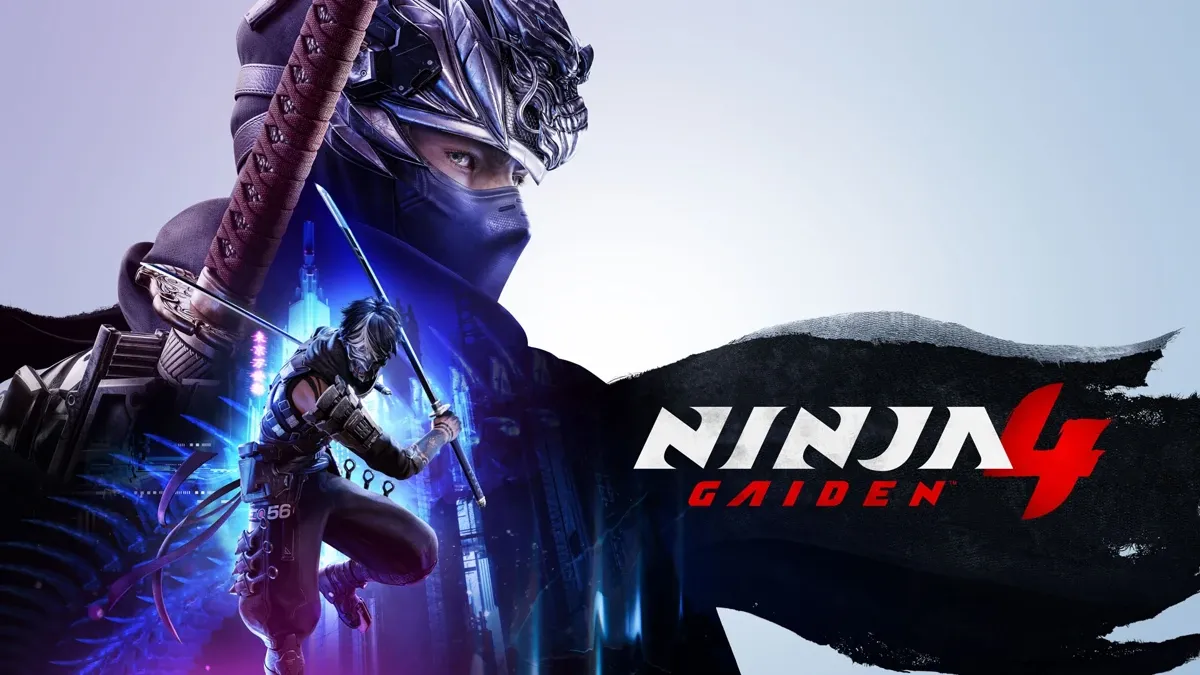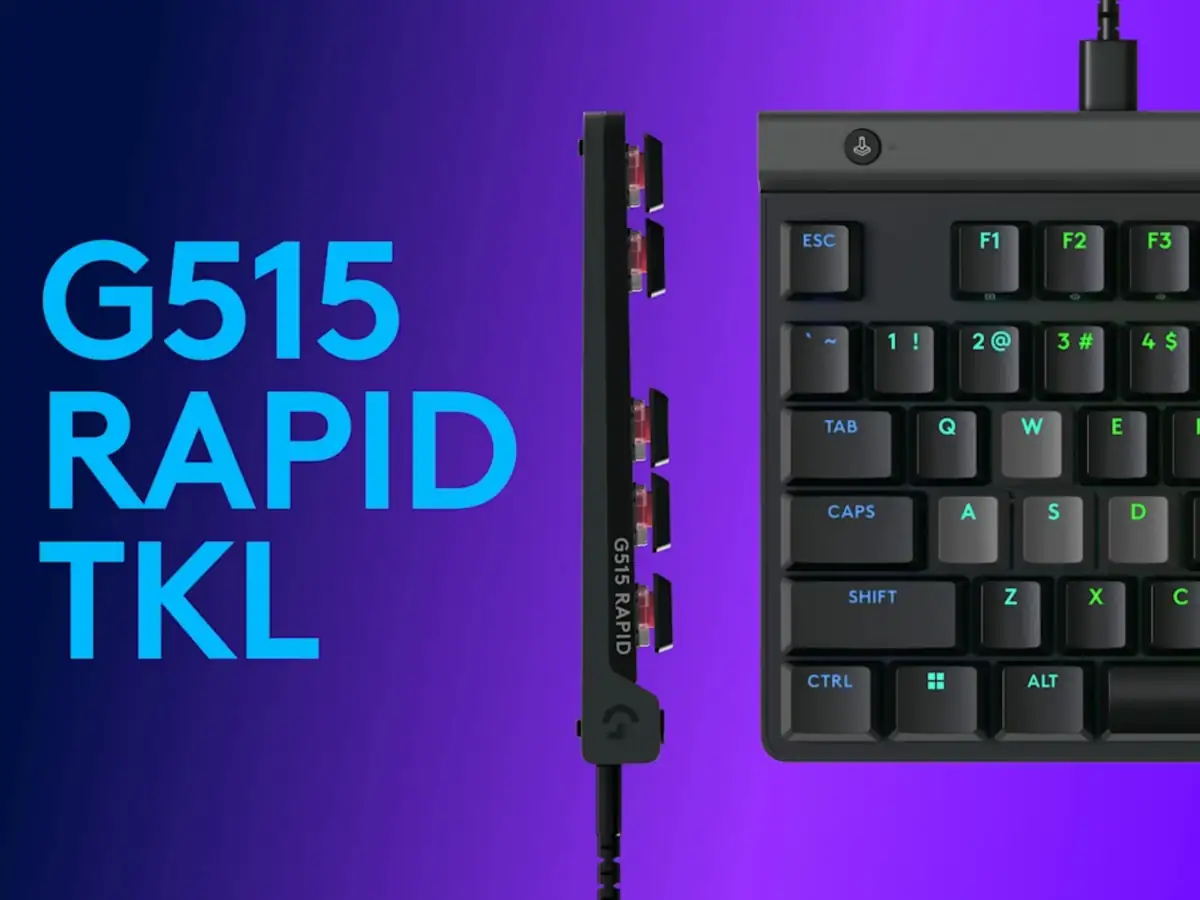Reviewed on: PC (Steam)
Distributor provided a review copy.
Originality is a funny thing. I’ve played many truly original games this year, each with unique and wildly different visions of how to have fun. But more often than not, my favorites continue to be those who take something familiar and iterate on it in their way. Killsquad is a prime example of this. From its Suicide Squad-style name to the menus cribbed from Destiny, there’s very little originality to this Diablo-inspired looter shooter. But when the core mechanics and gameplay loop are this solid, I find it hard to complain.
Killsquad originates from the Steam Early Access lineup, where it grew over the last two years. I hadn’t bumped into it before the review, so my impressions are solely from the pre-release build and the few updates after the launch.
What’s obvious from the very offset is that Killsquad loves Destiny and Diablo with a capital L. Their influences are everywhere from the character screens to skills to just about the very gameplay itself. Players – anywhere from a solitary adventurer to four partners – pick from five differently abled heroes and head out into the universe. Each level is a semi-open, but a mostly linear web of things to shoot and loot, while players scout for their prey.
None of it is new, nor very clever, though the characters are surprising in some ways. Most notably by mixing hack-and-slash elements into the shooter game loop, which works surprisingly well. Sadly, apart from these mechanics, none of the characters truly stand out, and mostly they resemble early drafts of Guardians of the Galaxy.
But that’s not necessarily a bad thing, since most of these guys are just avatars for players. The story is almost non-existent, so most of the fun comes from friends trying to out-gun and out-loot others. All of that has been honed and refined to a mirror sheen. It’s not Diablo-levels of gratification, but this doesn’t have that kind of budget, either.
Instead, Killsquad does exactly what it promises a budget title to do. Knowing those limitations, and comparing it to other games of its price (19,99€ on launch), Killsquad becomes all the more palatable an experience.
The base gameplay loop is both startlingly similar and surprisingly novel at once. Players get a wealth of options to choose from to ramp up their skills, but a limited pool of ten will keep everyone fine-tuning their setups for a good while afterward. It’s a surprisingly gratifying experience to figure out what works for your gameplay style, and I found that with friends, finding a natural rhythm for co-op felt extremely easy. That kind of thing is hard to achieve, and Killsquad deserves all the accolades for it.
Shooting, running, and ducking are the same as ever. Weapons handle reasonably OK, though I kept wishing that melee combat would feel a bit more weighty. Even though using a massive hammer to knock enemies around is always a blast.
Aesthetically, Killsquad always compelling to look at. While the enemies tend to repeat themselves, the environments are gorgeous, the effects are easy to distinguish from one another, and the action always feels visceral. It satisfies the Hollywood-level power trip, where you get to explore the galaxy and blow up interesting lifeforms.
However, there’s an odd middle ground to the proceedings. Half the time it feels like Killsquad doesn’t want to give you the kind of loot that you, in theory, deserve. Instead, it pushes you to try out the ARPG skill trees and talents much more, leaving the hoarding on the sidelines. Technically, that’s fine, and it’s nice to see so much thought go into what could be a generic run-and-gunner. But at the same time, I want my loot, damn it.
I played Killsquad first on my own, and it’s clearly not the way this is meant to be experienced. The action is still OK, but a solitary jaunt through hostile ground turns monotonous quickly when you don’t have someone to share the fun with. Even a single co-op partner amped up the ante considerably, and four people in total made the experience even better.
But that’s a double-edged sword. Anything is better with friends – the question is how well does a thing stand on its own? And the answer to that is, well, complicated. Because Killsquad is perfectly serviceable on its own, but I’m not sure I’d recommend it for just a single-player experience. But, then again, that’s not what it’s made for, either.
Developer Novarama has also promised to update the game throughout the coming months with new gear and content, which makes Killsquad even harder to review. Like those who inspired it, Killsquad will live and die by how long it reinvents itself. For now, after three weeks, I’d say prospects for success are high.
It might not be original or innovative, but Killsquad is also exactly what it needs to be. A fun, riveting adventure game that delivers way more than its low price tag would suggest.












